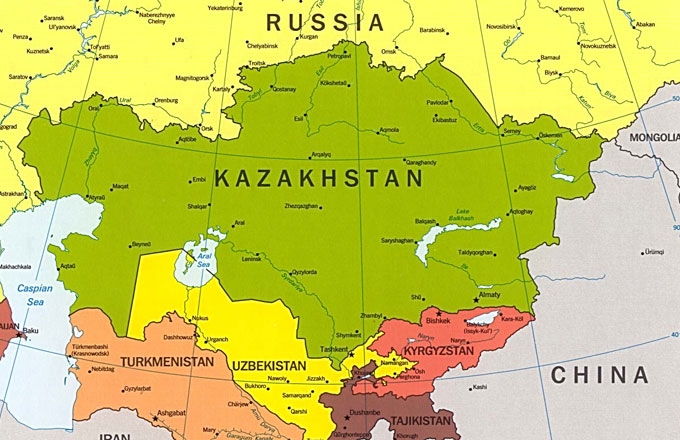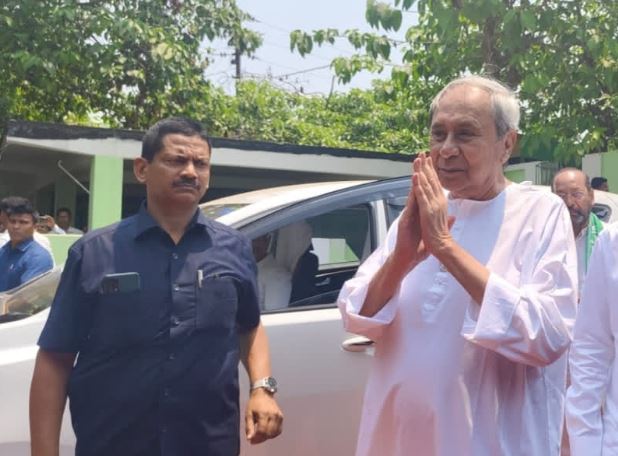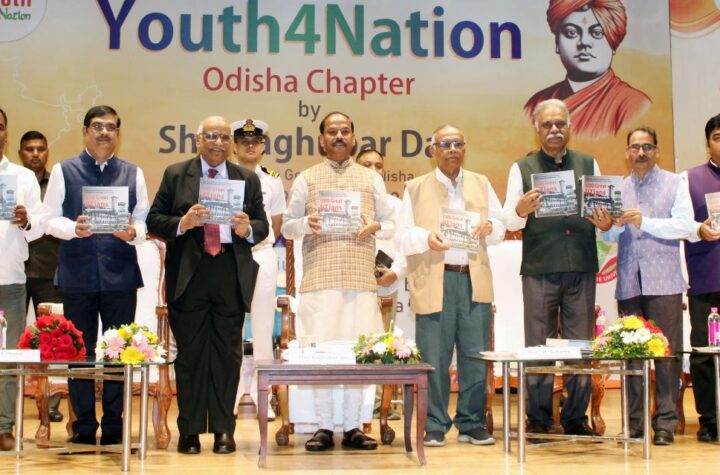There are several takeaways from the first-ever summit
involving India and five Central Asian countries – Kazakhstan,
Kyrgyzstan, Tajikistan, Turkmenistan and Uzbekistan. The
event, held to commemorate 30 years of the establishment
of India’s diplomatic relations with these nations, witnessed
unanimity on taking cooperation to the next level for boosting
regional connectivity and security. The leaders agreed on
considerably enhancing India-Central Asia trade, which is
only about $2 billion at present, nowhere near China’s over
$40 billion. PM Narendra Modi and the five Presidents
decided to set up a joint working group on Afghanistan,
with a broad consensus emerge on issues such as
combating terrorism and drug trafficking. New Delhi’s Central
Asian outreach assumes significance amid China’s efforts
to strengthen ties with these nations that are part of the
eight-member Shanghai Cooperation Organization, which
also includes India. What gives Beijing a geopolitical edge
is the fact that it shares borders with three of the five
countries. Two days before the India summit, Chinese
President Xi Jinping interacted with Central Asian leaders
and announced an assistance of $500 million to support
livelihood programmes in these former Soviet bloc countries.
He also listed several big projects of strategic importance
that had been completed, including the China-Central Asia
natural gas pipeline, the China-Kazakhstan crude oil
pipeline, the China-Kyrgyzstan-Uzbekistan highway and
the China-Tajikistan expressway. In a bid to counter the
Chinese challenge, India has extended a $1-billion line of
credit for infrastructure development projects and offered to
provide more training slots and scholarships to meet the
requirements of Central Asian countries. India was among
the first countries to recognize the Central Asian Republics
after the collapse of the Soviet Union three decades ago.
Delhi, which had privileged access to Soviet Central Asia
thanks to its special relationship with Moscow during the
Cold War, hoped for a quick flowering of ties. Despite the
much celebrated historical and civilisational relationship
between India and Central Asia and the rekindled geopolitical
romance, Delhi has struggled to build a productive
relationship.
New Delhi would have to go the extra mile on the diplomatic
and economic fronts to ensure that these countries remain
all-weather allies, even as Russia is not averse to making
decisive interventions in the region. After the recent unrest in
Kazakhstan, Russia sent troops there as part of a
peacekeeping mission to restore order, while China firmly
backed the beleaguered nation’s efforts to curb violence. India
needs to adopt a proactive approach to further its interests
and make its presence felt in the extended neighborhood.











More Stories
CM Files Nomination for Hinjili Assembly Seat
Liquors Policy Scam: ED has no material necessitating my arrest, Kejriwal tells SC
Youth need encouragement & guidance to take India a great heights: Odisha Governor